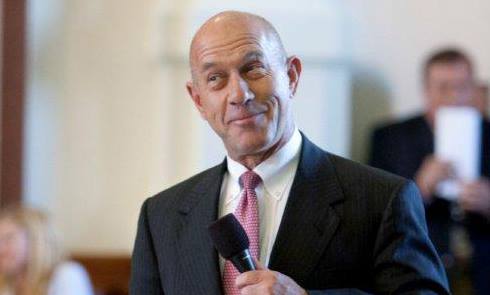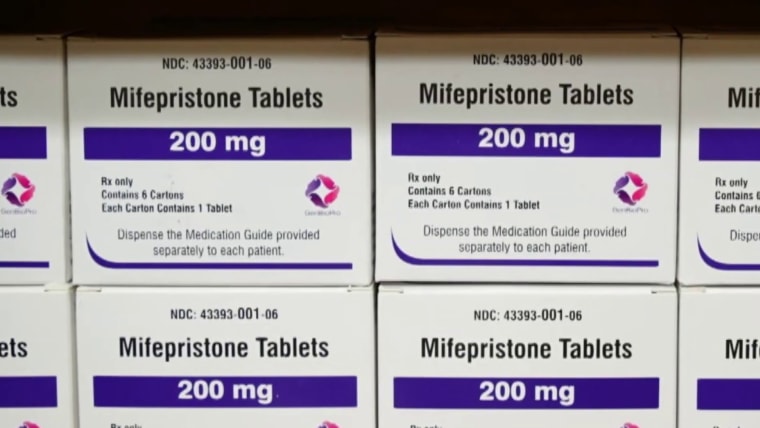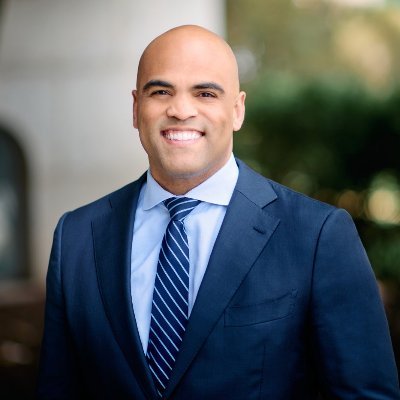I have some questions.

Sen. John Whitmire
Call in the troopers. That’s one of state Sen. John Whitmire’s plans for reducing crime in Houston, which voters consistently have rated as one of their top concerns.
A similar partnership with the Texas Department of Public Safety cratered in spectacular fashion in Austin – and that was before news broke about agency brass ordering troopers to push children into the Rio Grande.
Whitmire, who formerly filed to run for mayor Friday, said he is sticking by his plan to bring in 200 state troopers to help patrol the streets of Houston.
Calling the situation at the border “a total, sad fiasco,” Whitmire said he could craft an agreement with the state to keep troopers under local oversight. Whitmire said that as the ranks of the Houston Police Department continue to thin, DPS’s help is needed to tamp down on crime.
“I’m not Gov. Abbott, I’m not the mayor of Austin. I have been in the Legislature long enough to know how the political scene works in Austin. I can handle the responsibility of telling the governor we’re going to do it the Houston way,” Whitmire said.
In broad strokes, Whitmire is calling for the state to send about 200 troopers to Houston to backstop the Houston Police Department, which has lost more than 300 cops from a quarter-century ago. The Houston Chronicle last month documented how the department’s 911 response times steadily have crept up over the past few years.
Troopers already do some patrols in the Houston area, but they spend most of their time on the highways and at special events, according to the Houston Police Officers’ Union.
The agency’s expanded local duties could include traffic patrols and warrant sweeps, Whitmire said. He said he would take the lead from his police chief on the specific arrangement.
Violent crime in Houston has been on a steady decline. Whitmire noted, however, that it remains elevated compared to before the pandemic.
“Law enforcement is short in Houston,” Whitmire said. “People are coming up to me in large numbers saying, ‘you’ve got to do something.’”
Not everyone is convinced that police in general and state troopers in particular are the best solution, however.
In Austin, Mayor Kirk Watson initially invited the state to send additional troopers to patrol the city. He suspended the city’s partnership with the state after an incident in which troopers pulled guns on a father in front of his 10-year-old son during a traffic stop. Gov. Greg Abbott, who noted that the agency’s jurisdiction extends statewide, responded by promising to send more troopers to Austin.
My questions:
1. What evidence do we have that bringing in a bunch of out of town cops will help reduce crime? Putting this another way, how do we know that HPD is making the best use of the resources it now has? Perhaps there should be some kind of study – audit, operational review, blue ribbon commission, pick your preferred terminology – to see how HPD is doing and make some recommendations first. Maybe one of those recommendations will be “they need more cops”. Or maybe it will be that they need to do less of this and more of that, or they need to do this better and they need to modernize this other thing. I dunno. What I do know is that in many other areas of government, whenever more resources are requested to handle some operational need, the first response I often hear is that we shouldn’t just throw money at these matters, we should make sure they’re doing more with less first. I don’t see why this would be different?
2. Why do we think Houston will get a better outcome than Austin did? Putting it another way again, what can we learn from the Austin experience so that we don’t repeat it but instead improve on it? I know, Senator John Whitmire has been a Senator for many years, he knows how things are done in state government, and he will navigate that bureaucracy in expert fashion to optimize our outcome. Okay, but Austin Mayor Kirk Watson was also a State Senator, not for as long as Sen. Whitmire, but he was there for eight years. What does Senator Whitmire think he can do that former Senator/now Mayor Watson couldn’t or didn’t do? I’m not trying to be a smartass here, I’m genuinely asking. What went wrong in Austin, and how can we avoid that in Houston? Whitmore points to a better outcome with DPS in Dallas, so let me ask it this way – what did Dallas do right, which presumably Austin did not do?
3. All of this leads to the most basic question of all: Why should any of us trust Greg Abbott in this matter? If at some point Mayor Whitmire decides that we’ve had enough of DPS in Houston, what assurance does he have – do we have – that Greg Abbott will say sure, fine, they can come on back? Because that’s not what he did with Austin. That may just be Abbott being an asshole, and it may be because Abbott lives in Austin, but the principle and the question remain. You can tell Greg Abbott we’re going to do this “the Houston way”. How do we know he’ll listen to or care about that?
UPDATE: A bit of timely reporting from the Trib on this matter.
Records obtained by the Tribune through an open records request show that DPS has made 1,253 arrests in Travis County between March and July, including 513 in April alone. That includes a seven-week period between mid-May and early July when the state pulled most of the troopers out of Austin and sent them to the Texas-Mexico border.
In 2022, state troopers made 935 arrests in Travis County during the entire year.
Data from the Travis County attorney’s office shows that from March 27, when the city announced that troopers would begin patrolling Austin’s streets, to July 12, 82% of the people charged with misdemeanors by state troopers were Black or Latino.
During that same period, 69% of misdemeanor charges filed by Austin police were against Black people or Latinos, who together make up 41% of the city’s population.
“It’s very oppressive, it’s exploitative, it’s just total harassment. This is outright racial profiling,” said Susana Almanza, president of the Montopolis neighborhood association and a local activist. “We can’t go out in the community, can’t even go to the grocery store, without feeling intimidated or fearful that we’ll be pulled over by DPS. People are very afraid to come out.”
City Council member Vanessa Fuentes, who represents Southeast Austin, said she’s heard the same thing from her constituents.
“The community saw an influx of troopers, and these are neighborhoods that are predominantly Latino, they are communities of color,” she said. “I heard directly from constituents who felt that going down Riverside was like going through a checkpoint because they were pulling people over almost every single light.”
If the next Mayor doesn’t like what HPD is doing, they can replace HPD Chief Troy Finner. If the next Mayor doesn’t like what DPS troopers are doing, they can’t do anything about DPS chief Steve McCraw. Bringing them in is a matter of trust, because the Mayor will have no control to exert over them. How much trust do we have in DPS and their leadership, which as noted ultimately means Greg Abbott? That’s the big question.
















